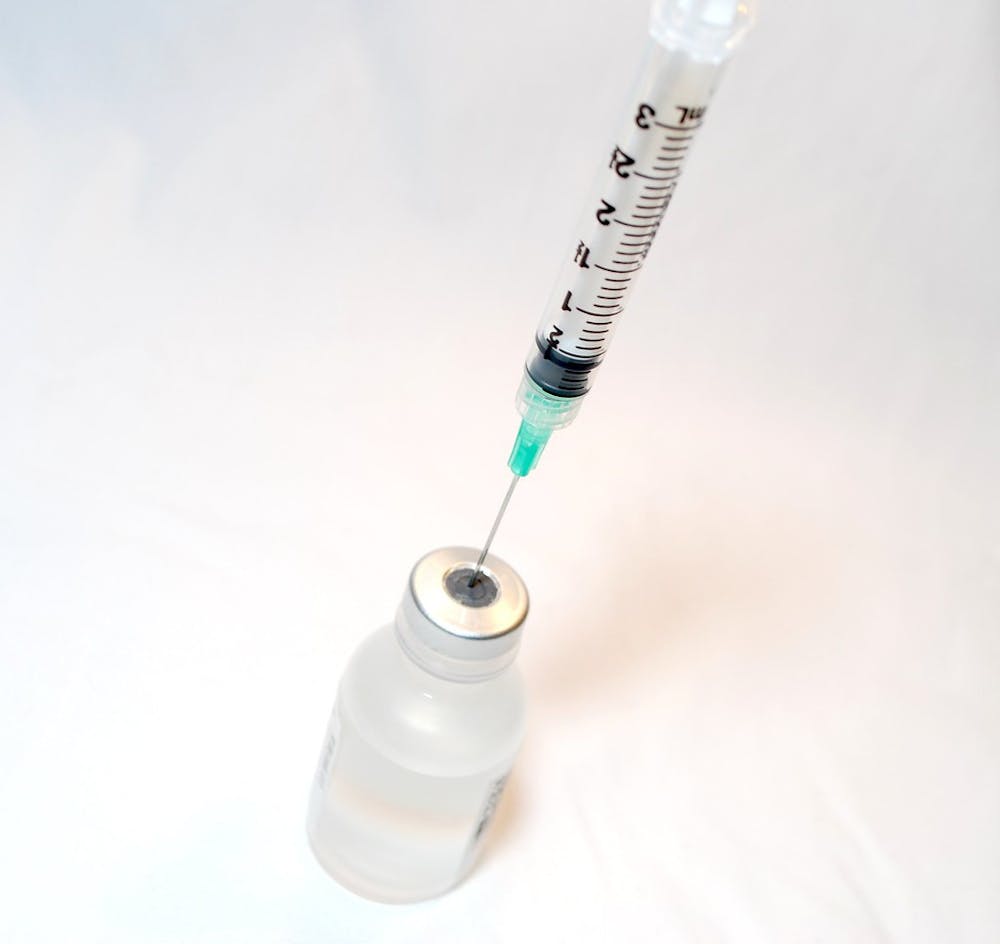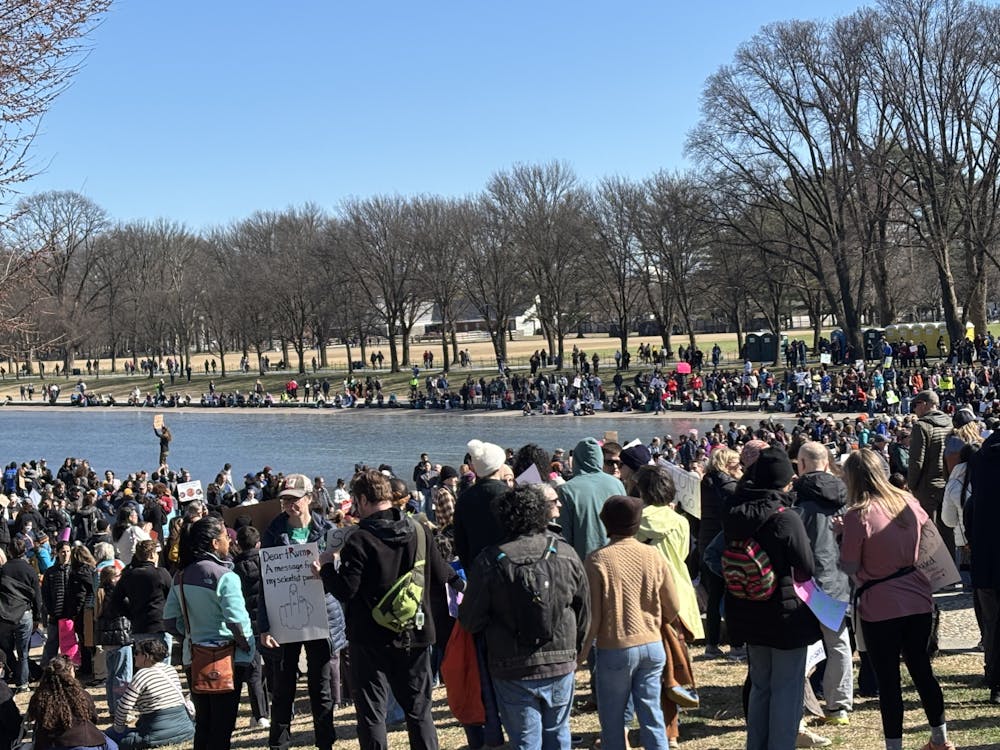Black church leaders have partnered with the School of Medicine to bring COVID-19 vaccines to their neighborhoods. The initiative was launched on March 27 to equitably supply vaccines to vulnerable and underserved communities.
The pandemic has underscored racial inequities that have gone unaddressed, often due to lack of access to resources needed to combat the virus. According to studies at Hopkins, people of color are four times more likely than white people to be hospitalized for COVID-19, and they are nearly three times more likely to die from the disease.
President Joe Biden has passed measures to address this issue. In late March, he signed into effect a COVID-19 response order which invested nearly $10 billion into expanding access to vaccines and other resources in areas of color, rural areas, low-income communities and other underserved populations. This order has improved the overall number of vaccinations in the United States. Since the response order, over 104 million vaccines have been administered, and more than 40% of the population have received at least one vaccine dose.
Locally, Hopkins has also begun working to resolve this issue by partnering with local churches and nonprofits to make the vaccine more available. On March 27, Hopkins partnered with the Koinonia Baptist Church to serve vaccines to the surrounding community, which has been one of the hardest hit in Maryland. According to the Maryland Department of Health, the church’s ZIP code 21206 has documented over 4,600 cases of COVID-19.
In an interview with The News-Letter, Koinonia Senior Pastor Dante Miles talked about the significance of the event, stressing the importance of serving beyond borders. Though the event was set up at the Koinonia Baptist Church, its influence reached further.
“Our calling is to serve the people,” he said. “I’ve been taught that people don’t always belong to the church, but the church should belong to everybody. The church in the Acts of the Apostles ministered beyond the temple, and so it’s our calling to meet people where they are.”
Hopkins alum Bishop Douglas Miles, Class of ‘70, is also hopeful about the work being done in the community. In an interview with The News-Letter, Douglas Miles explained that the vaccination event carries significance for the relationship between Black residents and the Hopkins community.
“Past events like these have dissuaded many Blacks from supporting Johns Hopkins,” he said.
Hopkins has historically received criticism for its revitalization and gentrification projects around Baltimore and for its broken promises of building new houses for Black residents.
Despite this, Douglas Miles is optimistic about the University’s recent work to rebuild its relationship with Black residents. He emphasized his appreciation for University President Ronald J. Daniels.
“I am very proud of the work that he is doing in our communities,” he said. “I think if Hopkins continues the work that it has been doing during the pandemic, it can really make an impact and rebuild relationships in our communities.”
Douglas Miles has played an important role in his community and served as a Hopkins liaison. He has served with various organizations like Baltimoreans United in Leadership Development (BUILD), Baltimore Interfaith Coalition, Metro Industrial Areas Foundation and the National Association for the Advancement of Colored People (NAACP).
He has also served as a board member on the ReBUILD Metro organization, which is how he connected with Dr. Redonda Miller, president of Hopkins Hospital. After seeing the overwhelming cases of COVID-19 in his community, Douglas Miles formed a partnership with Miller. This alliance led to something Douglas Miles had always wanted — Koinonia would serve as a vaccination spot for patients.
At the event, 199 doses of the Johnson & Johnson vaccine were dispersed with the majority going to residents of ZIP code 21206, beginning with Koinonia membership and residents in the immediate area. The event was advertised through press notices to local media, social media, word of mouth and other faith institutions in the area.
“Our partnership with Johns Hopkins is paving the way for something greater,“ Douglas Miles said. “Pretty soon other churches will follow suit.”
Since the event at Koinonia, various churches around Baltimore have hosted vaccine clinics, serving hundreds of people.

















